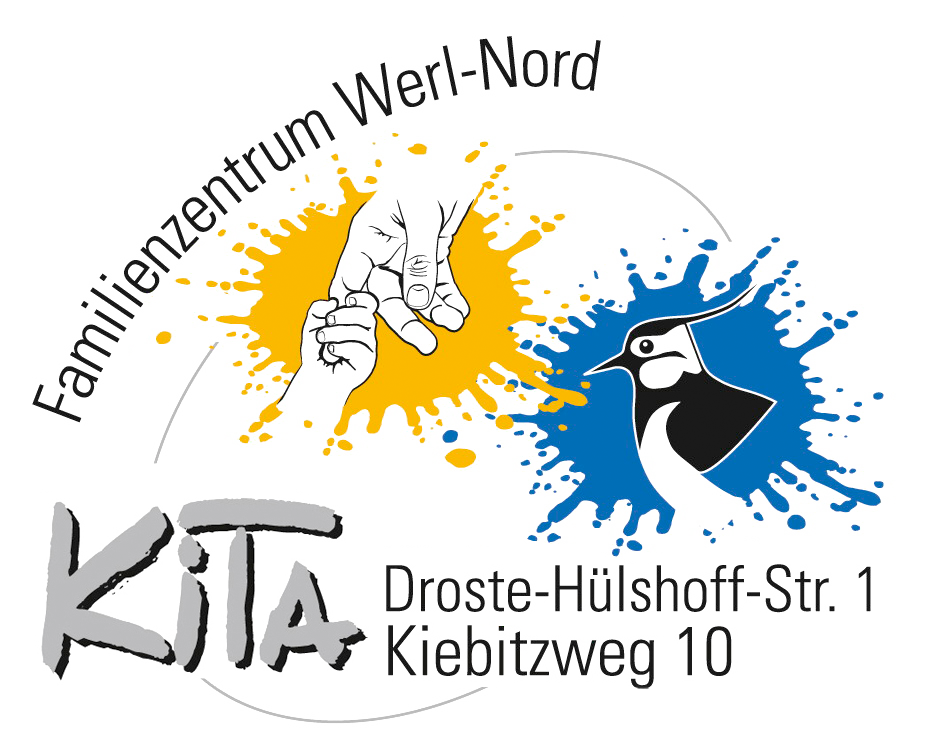Federal Programme Language Nurseries
“As language is the key to the world”
In January 2018 das Bundesministerium für Familie, Senioren, Frauen und Jugend (BMFSFJ)(the Federal Ministry for Family, Senior Citizens, Women and Youth) started the Federal programme “Sprach-KiTas” (Language Nurseries): As language is the key to the world” in our nursery.
Language nurseries place particular emphasis on language training in the daily life of the children. In our nursery an extra employee specializing in language training works in conjunction with the federal programme “Language Nursery.” The extra specialist advises, accompanies and supports the nursery team in the following areas.
The main focus in the federal programme “Language Nurseries”
Every day integrated language training
Children learn language in stimulating situations from their world of living and experience.
Every day integrated language training is geared to the individual competence and interests of the children and supports natural language development.
The whole daily routine in the nursery is used in order to stimulate and support the children in their language development. This includes:
- Morning circles and chair circles with finger games, songs, rhymes and stories
- Dealing with typeface, labelling object of daily life
- Children's library, a book bag that can be taken home
- “Talking Walls”- photo walls which parents use to talk with their children about activities in the nursery
- Use of story tables, story tracks, story theatre and little story sacks.
- Educational specialists who are well aware of the fact that the children see them as language role models.
The basic attitude of each employee toward the child, the parents and their colleagues is one governed by regard, frankness, attentiveness, tactfulness, critical faculties, authenticity and a willingness to reflect. We observe curiously the language development of the children, are interested in their subjects, pick up on them and are available to the children as partner in dialogue in the daily routine.
A regular, intensive analysis and reflection of our educational activity and our attitude is a significant indicator of any successful day with the children.
Therefore, short videos of the educational specialists are made in every day situations and reflected appreciatively. A tactful, attentive dialogue stance toward the child serves as a basis for further development of the quality in our educational work.
Cooperation with Families
A trusting and welcoming educational and upbringing partnership between the educational specialists and the families is necessary in order to accompany children in their language development in an integrated manner. For language education starts at home through the parents. Language nurseries advise parents as to how they can create a stimulating environment for language at home.
Examples: Language in passing, acclimatisation conversations, development conversations, day-to-day activities, projects with parents and children (e.g. Rucksack-Project)






